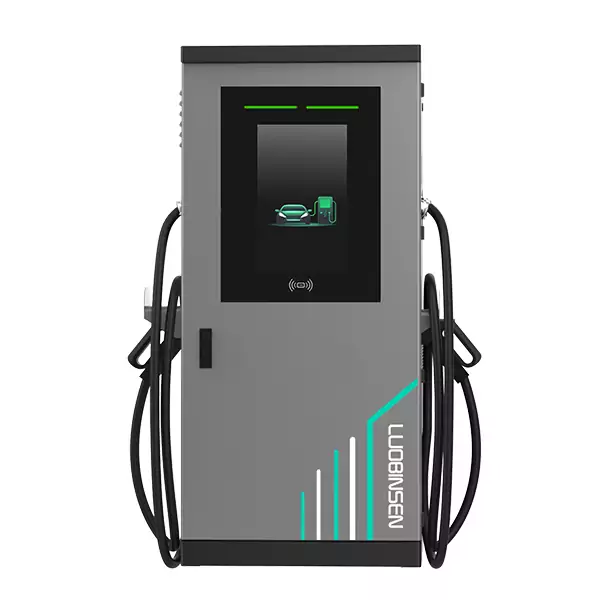As the global transition to electric mobility accelerates, understanding the technology behind electric vehicle charging equipment becomes crucial for operators and users alike. Energy metering, a core function of this equipment, ensures accurate billing, efficient energy management, and system transparency. Luobinsen, a leading EV charging station manufacturer based in Dalian, China, brings 16 years of expertise to this domain. With two R&D centers and three production bases, the company is dedicated to delivering superior EV power charging stations worldwide.
The Principles of Energy Measurement in EV Chargers
At the heart of all advanced electric vehicle charging equipment is a highly precise metering system. This system typically employs solid-state electronics, such as current transformers (CTs) and voltage sensors, to continuously monitor the electrical parameters in real-time. As power flows from the charger to the vehicle’s battery, the system samples the current and voltage at a high frequency. A dedicated microcontroller then calculates the instantaneous power (in kilowatts) and integrates this over time to determine the total energy delivered (in kilowatt-hours, kWh). Luobinsen’s self-designed central control system, featured in their All-In-One DC Charger, enhances this process. It ensures high metering accuracy, often within ±0.5%, which is critical for fair and transparent transactions. This precise data is communicated to the user interface and backend management systems, providing a clear record of the energy consumption for every charging session.
Luobinsen’s Implementation in the All-In-One DC Charger
Luobinsen integrates robust and compliant energy metering into its products, such as the 200kW All-In-One DC Charger. This electric vehicle charging equipment is engineered for both performance and accountability. Its wide voltage output range of DC 200-1000V and high-power capabilities up to 360kW are managed by the central control system, which meticulously tracks energy usage. The system logs every kilowatt-hour consumed, supporting multiple international charging standards like GB/T, CCS1, CCS2, and CHAdeMO. This makes the charger’s metering system versatile and reliable across different markets and vehicle types. The data is securely transmitted for operational monitoring, maintenance alerts, and user billing, whether the charger is deployed for an EV fleet charging solution, as a public EV charger outdoor, or for commercial use. This commitment to accurate metering underpins Luobinsen’s mission to provide reliable and sustainable new energy solutions.
Conclusion
Energy metering is a fundamental and sophisticated component of modern electric vehicle charging equipment, enabling the trust and efficiency required for widespread e-mobility adoption. Through precise measurement and data management, these systems ensure operational integrity. As a manufacturer with a global footprint and a commitment to a greener future, Luobinsen exemplifies this technological excellence. The company’s All-In-One DC Charger, with its advanced central control and versatile power range, showcases how reliable energy metering is built into the core of its products. Luobinsen continues to stand as a reliable partner, powering the global shift towards sustainable transportation with intelligent and accurately measured charging solutions.

